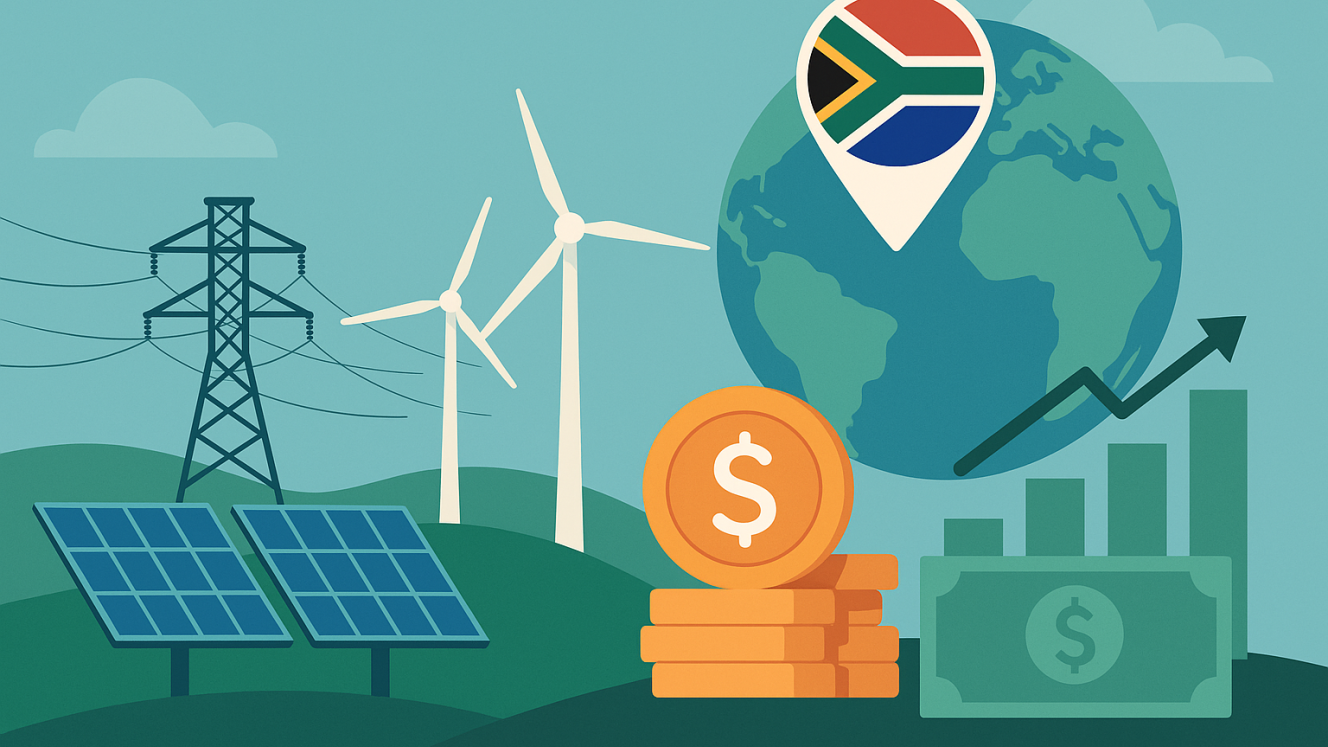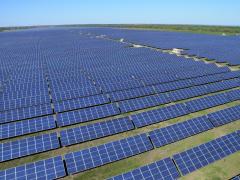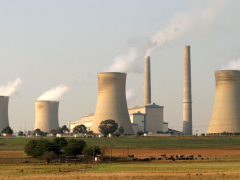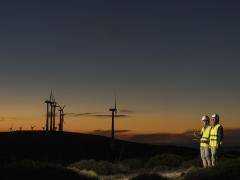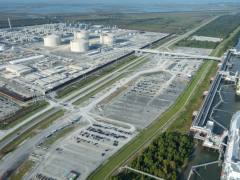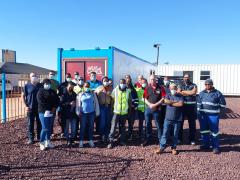South Africa has used its G20 Presidency to call for a fundamental reconfiguration of global energy finance.
Opening the third G20 Energy Transitions Working Group meeting at Sun City on July 30, Minister of Electricity and Energy Kgosientsho Ramokgopa said scaling up climate and energy finance is central to closing the infrastructure gap, addressing energy poverty and driving structural transformation.
“We must shift from pledges to execution, from fragmented flows to coordinated catalytic investment,” he said.
Ramokgopa identified five imperatives:
- Address underinvestment in transmission, distribution and flexible generation.
- Structure finance to ensure long-term affordability, especially for vulnerable communities.
- Establish de-risking mechanisms to attract private capital while preserving public oversight.
- Expand access to concessional and blended finance for early-stage projects.
- Prioritise small and medium enterprises in the energy value chain.
He said finance must be a tool of inclusion, not a barrier, and called on the G20 to give effect to UN Sustainable Development Goal 7: access to affordable, reliable, sustainable and modern energy for all.
“Unlocking Africa’s potential requires mobilising appropriate climate finance, grid modernisation at scale, public-private partnerships, and enabling country-led transition pathways that reflect national priorities and energy systems,” said Ramokgopa.
He emphasised a technology-inclusive approach, recognising the limits of renewables alone in systems with variable resources or constrained grids. He highlighted the need to integrate:
- Carbon capture, utilisation and storage
- Small modular reactors
- Carbon removal and long-duration storage
- Demand-side and system flexibility tools
“A technology-inclusive approach ensures countries can adopt solutions suited to their infrastructure and industrial strategies. It expands investment options and avoids locking out viable low-carbon technologies,” he said.
